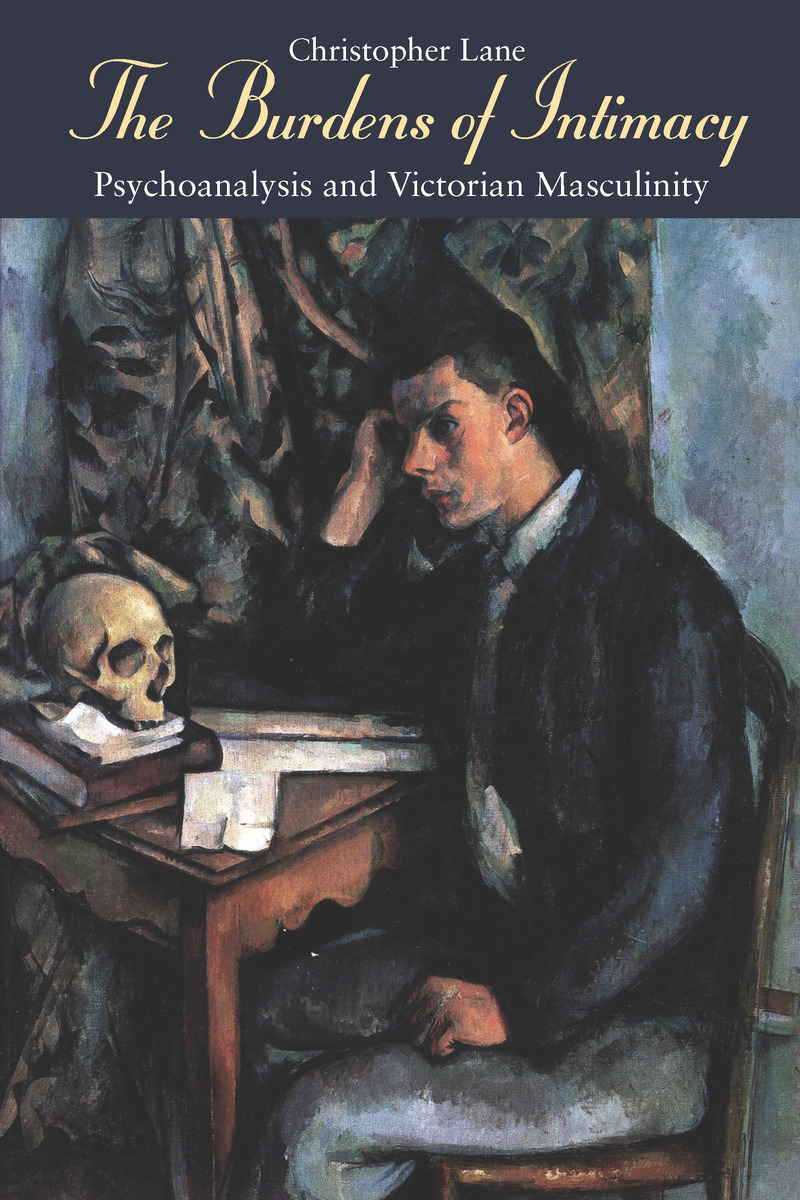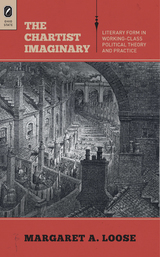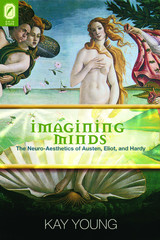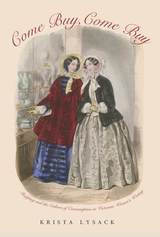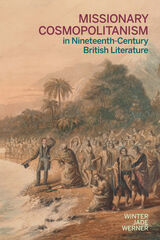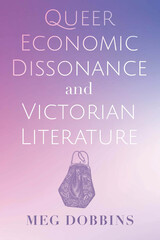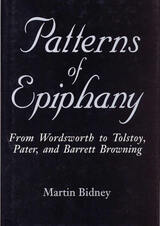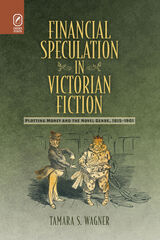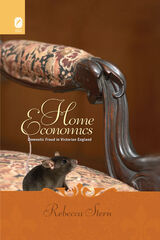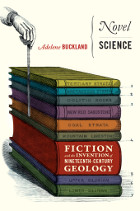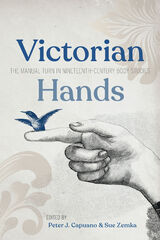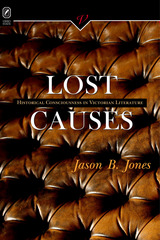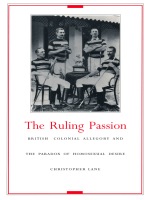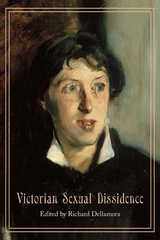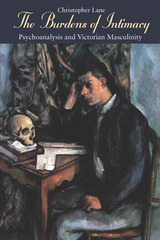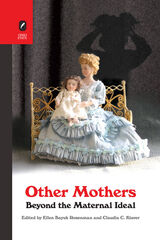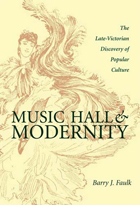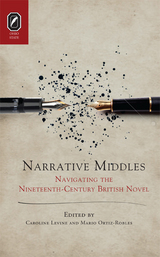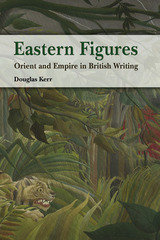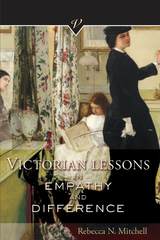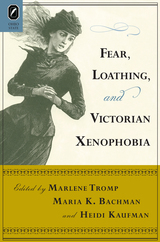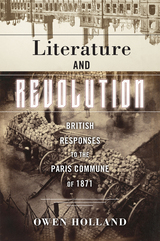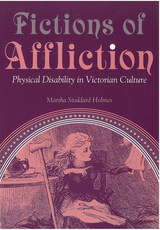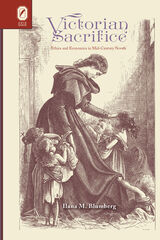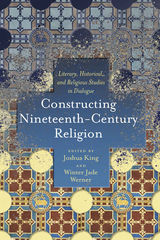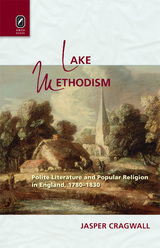The Burdens of Intimacy: Psychoanalysis and Victorian Masculinity
University of Chicago Press, 1998
Cloth: 978-0-226-46859-4 | Paper: 978-0-226-46860-0
Library of Congress Classification PR468.M38L36 1999
Dewey Decimal Classification 820.9353
Cloth: 978-0-226-46859-4 | Paper: 978-0-226-46860-0
Library of Congress Classification PR468.M38L36 1999
Dewey Decimal Classification 820.9353
ABOUT THIS BOOK | TOC | REQUEST ACCESSIBLE FILE
ABOUT THIS BOOK
Why does passion bewilder and torment so many Victorian protagonists? And why do so many literary characters experience moments of ecstasy before their deaths? In this original study, Christopher Lane shows why Victorian fiction conveys both the pleasure and anguish of intimacy. Examining works by Bulwer-Lytton, Swinburne, Schreiner, Hardy, James, Santayana, and Forster, he argues that these writers struggled with aspects of psychology that were undermining the utilitarian ethos of the Victorian age.
Lane discredits the conservative notion that Victorian literature expresses only a demand for repression and moral restraint. But he also refutes historicist and Foucauldian approaches, arguing that they dismiss the very idea of repression and end up denouncing psychoanalysis as complicit in various kinds of oppression. These approaches, Lane argues, reduce Victorian literature to a drama about politics, power, and the ego. Striving instead to reinvigorate discussions of fantasy and the unconscious, Lane offers a clear, often startling account of writers who grapple with the genuine complexities of love, desire, and friendship.
Lane discredits the conservative notion that Victorian literature expresses only a demand for repression and moral restraint. But he also refutes historicist and Foucauldian approaches, arguing that they dismiss the very idea of repression and end up denouncing psychoanalysis as complicit in various kinds of oppression. These approaches, Lane argues, reduce Victorian literature to a drama about politics, power, and the ego. Striving instead to reinvigorate discussions of fantasy and the unconscious, Lane offers a clear, often startling account of writers who grapple with the genuine complexities of love, desire, and friendship.
See other books on: Desire in literature | Homosexuality and literature | Masculinity in literature | Psychoanalysis | Psychoanalysis and literature
See other titles from University of Chicago Press
